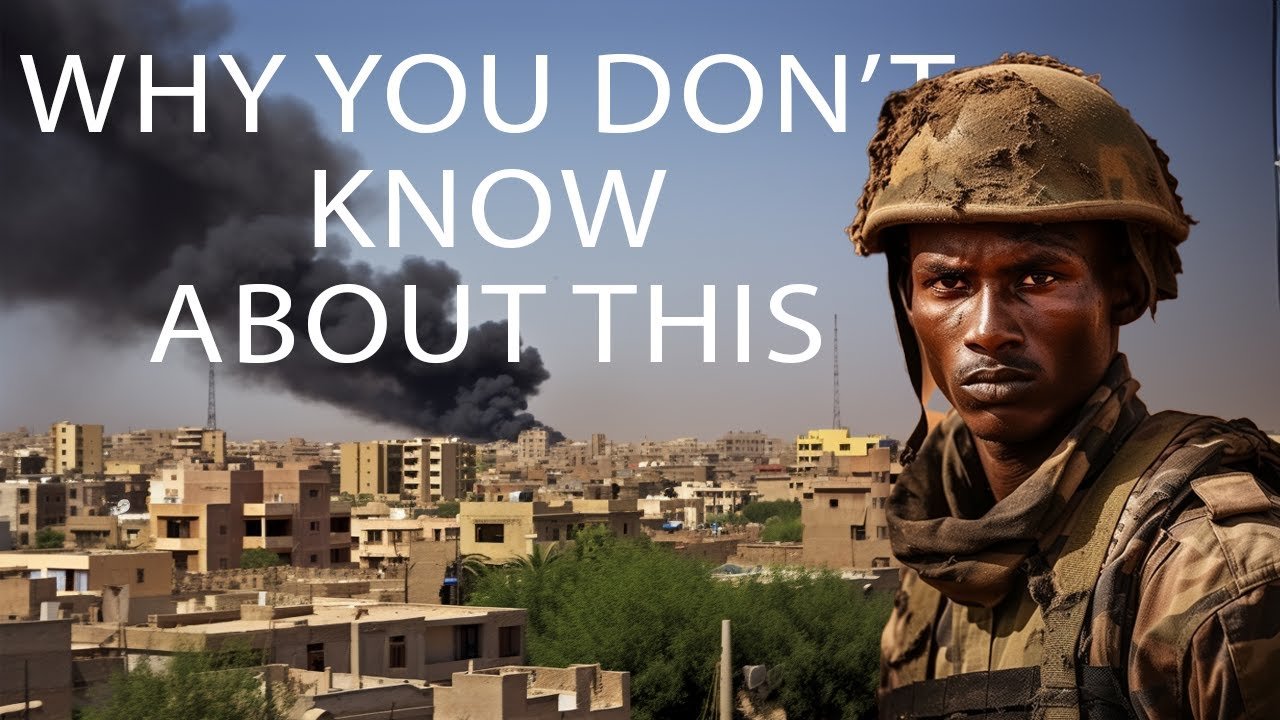- On April 15, 2023, clashes between Sudan’s Army and the Rapid Support Forces erupted, leading to a significant but briefly covered conflict.
- Despite Sudan’s size, population, and strategic importance, the war has received minimal ongoing media attention.
- The conflict has resulted in over 5.6 million displaced persons, with the official death toll likely underreported.
- International actors have influenced the conflict, with the RSF reportedly aligning with Russia and receiving backing from the United Arab Emirates.
- Sudan’s capital, Khartoum, has been severely impacted, with significant portions under RSF control, leading to a humanitarian crisis.
- The war has exacerbated ethnic tensions and could lead to the country splitting, similar to Libya or Yemen, or worse.
- Media coverage is sparse, contributing to a lack of global awareness and insufficient humanitarian aid.
- Racism and “war fatigue” may play roles in the limited international response and media coverage.
- The conflict’s visibility is further hampered by telecommunications blackouts and attempts by the RSF to control the narrative.
- The potential collapse of Sudan poses a significant threat not only regionally but also globally, warranting more international attention and action.
This summary has been generated by AI.

Leave a Reply